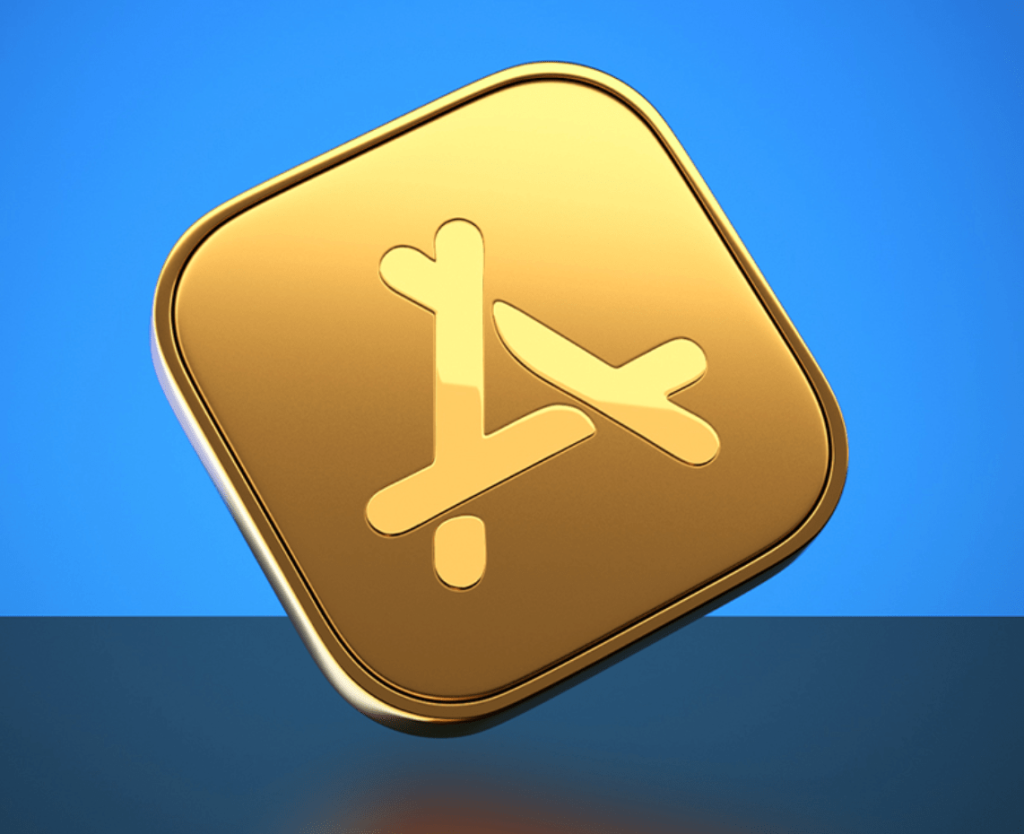Apple’s Surprising App Choices AI Powerhouses Left Unnoticed

In a world where AI seems inevitable and often celebrated, Apple’s choices for the prestigious ‘iPhone App of the Year‘ spotlight reveal a surprising oversight of artificial intelligence technologies. With anticipation around AI scaling new heights, the decision to honor traditional apps leaves many tech enthusiasts puzzled. Why is AI being sidelined when it appears to promise so much?
Apple’s 2024 selection excludes renowned AI applications, sparking a debate. Despite ChatGPT soaring in popularity and being featured widely in app stores, it remains absent from Apple’s top honors. This raises questions about Apple’s app selection criteria and where AI fits in their vision of innovation.
The Traditional Over the Trendy?
Apple once again opts for more conventional apps. Among the finalists, apps like Kino for video recording, Runna for running plans, and Tripsy for travel organization are celebrated. These picks indicate Apple’s preference for apps that accomplish specific tasks rather than those powered by AI.
Notably missing from the nominations are AI-driven apps like ChatGPT and Microsoft Copilot. The absence of such influential apps is curious, especially considering ChatGPT’s partnership with Apple for Siri enhancements. This partnership leveraged technology to improve user experience through advanced AI features.
ChatGPT: A Missed Opportunity?
Despite its widespread acclaim, ChatGPT did not make the cut for the iPhone App of the Year. This is intriguing given its rapid growth and popularity among users worldwide.
ChatGPT became the fastest-growing app by reaching 100 million users shortly after its launch in 2023. However, even with innovative features like web searches and advanced voice modes, it did not secure a spot in Apple’s finalists. This decision leaves many questioning Apple’s acceptance of transformative AI advances.
A Limited AI Presence?
Some AI-powered apps did catch Apple’s attention for other categories this year.
For iPad, apps like Moises, which incorporates AI for music practice, and Adobe Lightroom, with AI features, were recognized. However, AI’s presence among the iPhone finalists remains scant, with only a few appearances across categories.
Apple’s selection leans toward apps enhancing human creativity over AI automation. Examples include design, organization, filmmaking, and more. This choice reflects a focus on empowering users to expand creativity without automated reliance.
AI and Apple’s New Categories
This year, Apple introduced the Apple Vision Pro category, spotlighting both apps and games.
It’s uncertain how AI will influence this new category, but the current trend suggests limited possibilities. AI-powered apps have yet to dominate discussions here as well.
Despite tech advancements, Apple’s approach remains consistent: balancing innovation with user-driven app functionality and creativity. The selected apps highlight this philosophy.
The Selection Philosophy
Apple’s curatorial choice prioritizes fostering creativity over automation.
Finalists empower users to achieve more independently, without relying solely on AI assistants. This aligns with Apple’s historic ethos of intuitively designed technology that enhances creativity and productivity.
By emphasizing individual creativity, Apple continues to carve a distinctive path in an AI-saturated market. This method equates technological advancement with human empowerment above automation.
Why AI Apps were Overlooked
The deliberate exclusion of AI applications stirs conversation among tech circles.
Apple’s choices suggest a measured commitment to traditional means of engagement over sophisticated automation. The company seems to prefer apps that enhance device usage without the crutch of AI.
This approach may resonate with users seeking reliable and familiar app experiences, but it puzzles those who champion AI advancements.
Social Perception Versus Reality
While AI apps may not have been shortlisted, Apple’s stance reflects meaningful engagement with technology that favors user empowerment.
This philosophy appeals to consumers inclined toward hands-on experiences rather than automated solutions.
The reality is Apple’s criteria are aligned with ensuring devices serve as tools for creativity and organization. This reinforces commitment to a balanced app ecosystem.
A New Direction for AI in Apps?
As AI continues to evolve, its role in future app developments and selections stays uncertain.
Apple’s current trend may not dictate its future direction. However, speculation continues regarding their cautious approach to rapidly evolving AI technology.
Ultimately, Apple’s decisions will shape the landscape of app development and user expectations, insisting on meaningful innovations over transient trends.
By emphasizing creativity-enhancing apps, Apple prompts reflection on AI’s place in app innovation. The choice reveals a preference for empowering tools over automation. As technology evolves, Apple’s direction signals a thoughtful approach to app functionality and user empowerment.





